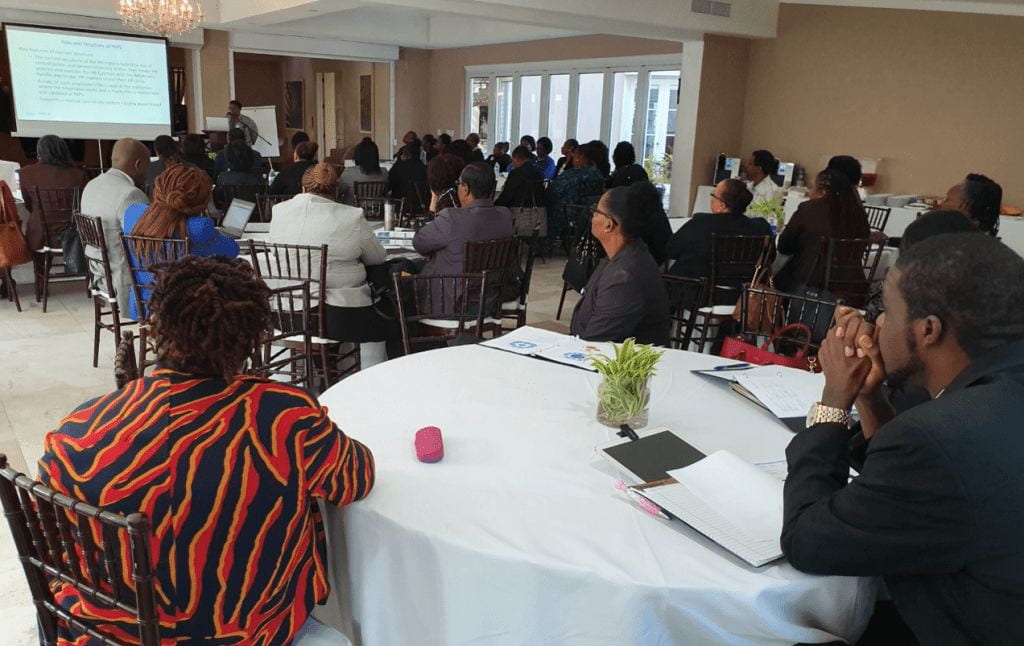Guest blog written by Oluwole Pratt

In terms of the quality and content of learning, I received what I was expecting from a world class faculty. What I didn’t expect was the level of support I received throughout my policy implementation journey, which is phenomenal.
I obtained a better perspective into the two main dimensions of public policy success (functionality and legitimacy) and that it is equally important to keep the two in view when implementing any public policy intervention. I also learned that obtaining and maintaining authorization in implementing public policy is key to success. Maintaining authorization is an iterative process that can only be reinforced through continual and effective communication with our authorizers. And finally, I learned that implementing public policy requires a lot of grit and determination to succeed; we would need to learn how to self-motivate while keeping our team members equally motivated. Overall, there is not a ‘one-size-fits-all’ solution to public policy problems, and that we must adapt our solutions to the local context in which we implement public policy and adapt our strategy to the changing policy environment.
I made progress by achieving some degree of functionality success, i.e. submitting my deliverables against agreed timelines. Most importantly, I discovered that authorization is not a constant and one should continually be checking the status of one’s authorization and recalibrate if one is to achieve legitimacy success.
As a consultant, I operate under a slightly different mindset; I have a contractual obligation to fulfill, which is largely within the functionality dimension of success. That notwithstanding, I have come to the realization that public policy is not just about ticking the checkboxes of my deliverables, it impacts the lives and destinies of real people. My overriding motivation is and therefore will continue to be, to make a sustainable impact in my public policy interventions rather being a mere ‘flash in the pan’.
I am going to adopt a different approach to problem definition. My introduction to the use of fishbones will help me tremendously in identifying the real causes of public policy problems rather than trying to address the effects. An understanding of the cause-effect relationship in public policy problems is key to designing any solution and that is what is going to inform my professional approach going forward.
PDIA is a paradigm shift in the way we implement public policy. It is a lifestyle that requires constant awareness of the changes in the policy implementation landscape and adapting your approach with the overall objective in mind. PDIA is not for the faint-hearted. It will require a shift from the current waterfall approach to project design, to an agile one. One wonders how this will be adopted by the bureaucratic multilateral development agencies like the World Bank and IMF, who are used to a more control-centric approach to policy implementation.
This is a blog series written by the alumni of the Implementing Public Policy Executive Education Program at the Harvard Kennedy School. Participants successfully completed this 7-month blended learning course in December 2019. These are their learning journey stories.
To learn more about Implementing Public Policy (IPP) watch the course and testimonial video, listen to the podcast, and visit the course website.